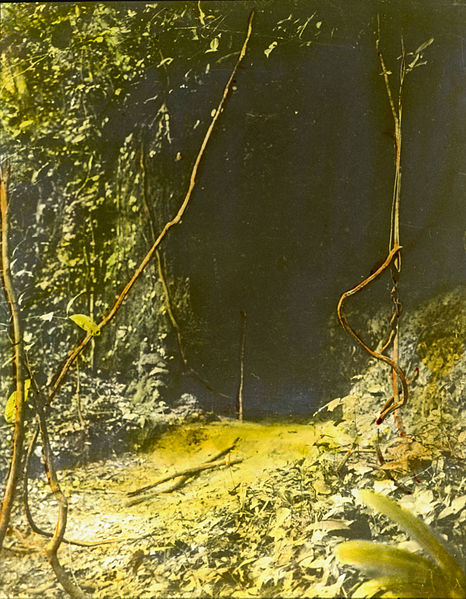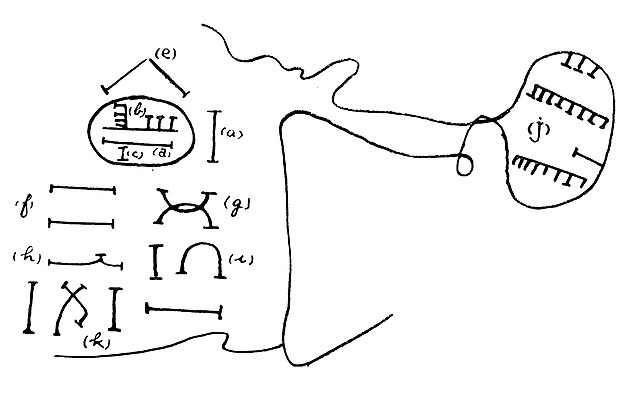Odinani, also known as Odinala, Omenala, Odinana, and Omenana, is the traditional cultural belief and practice of the Igbo people of south east Nigeria. These terms, as used here in the Igbo language, are synonymous with the traditional Igbo "religious system" which was not considered separate from the social norms of ancient or traditional Igbo societies. Theocratic in nature, spirituality played a huge role in their everyday lives. Although it has largely been synchronized with Catholicism, the indigenous belief system remains in strong effect among the rural, village and diaspora populations of the Igbo. Odinani can be found in Haitian Voodoo, Obeah, Santeria and even Candomblé. Odinani is a pantheistic and polytheistic faith, having a strong central deity at its head. All things spring from this deity. Although a pantheon of other gods and spirits, these being Ala, Amadiọha, Anyanwụ, Ekwensu, Ikenga, exists in the belief system, as it does in many other Traditional African religions, the lesser deities prevalent in Odinani serve as helpers or elements of Chukwu, the central deity.

Entrance to the cave of the Ibini Ukpabi oracle at Arochukwu, 1900s.
Interior of a chi shrine at Nkarahia, southern Igboland, 1900s.
Ogbo Obodo figures for the cult of Nkpetime, near Asaba, 1900s.
An Igbo, of Igbuzo heritage, traditional ceremony for deceased relatives Akwa-ocha (Otu-ogwu).
Igbo is the principal native language cluster of the Igbo people, an ethnicity in the Southeastern part of Nigeria.
An ikpe 'court case' recorded in nsibidi by J. K. Macgregor in the early 20th century
Igbo-language advertisement in Abia State. Note the use of the letter ụ.
Igbo version of the Book of Mormon, with the letters Ị, Ọ and Ụ visible
The Magnificat in Igbo translation (Church of the Visitation, Jerusalem)








